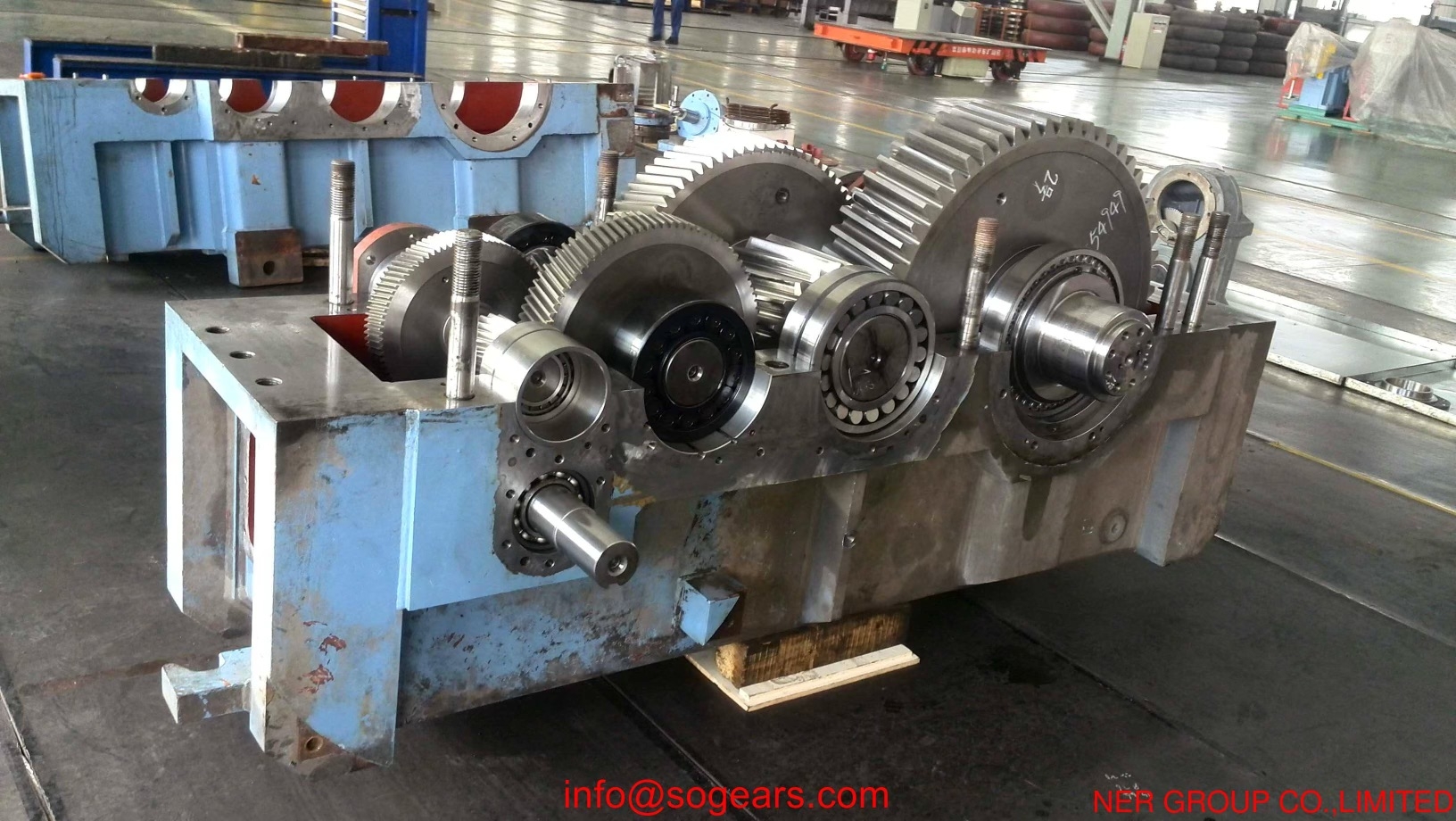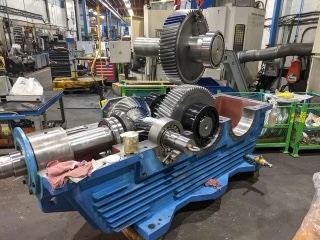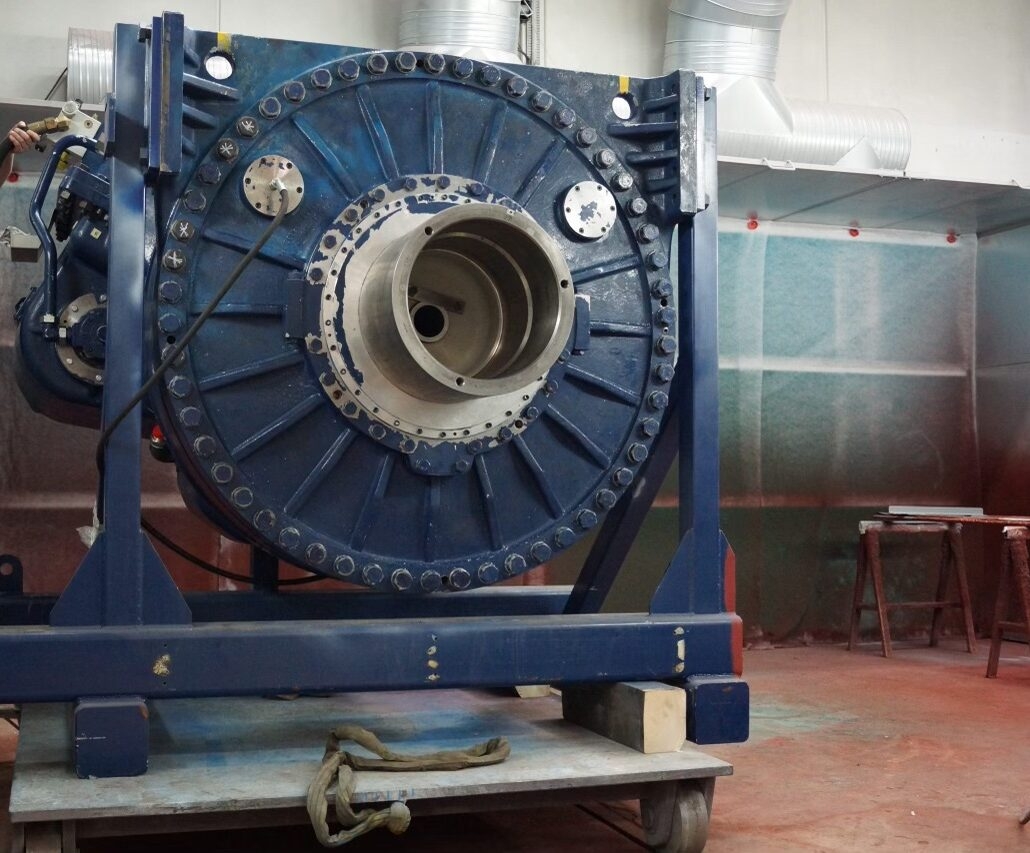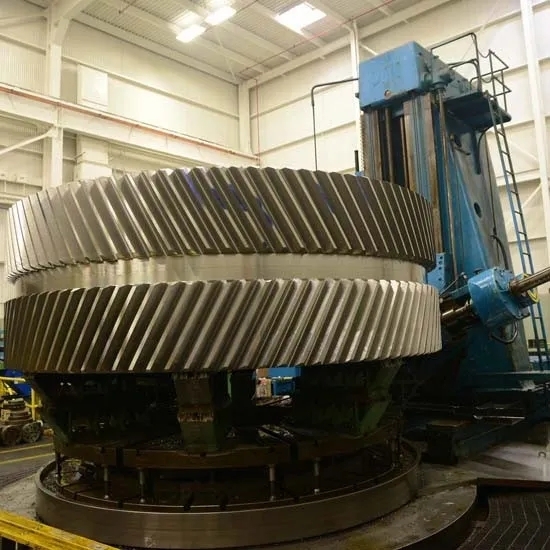

The hydraulic system in a foundry core making machine plays a crucial role in enhancing the overall efficiency of the process. By utilizing hydraulic power, the machine can exert high levels of force with precision, allowing for the accurate formation of intricate core shapes. This results in faster production times and improved quality of the cores produced.
The key components of the hydraulic system in a core making machine include hydraulic pumps, cylinders, valves, and actuators. These components work together seamlessly to generate, control, and distribute hydraulic power throughout the machine. The hydraulic pump pressurizes the hydraulic fluid, which is then directed to the cylinders to create the necessary force for core formation. Valves regulate the flow of the hydraulic fluid, while actuators convert the hydraulic energy into mechanical motion.
Tompkins County poised for manufacturing boom with Menlo Micro and Micron investments “Menlo Micro announced a significant investment of over $50 million to establish a fabrication facility in Lansing, near Ithaca, New York, signaling a major boost for the local manufacturing workforce.” Read more Plug Power wins $75 million grant from DOE “The Latham hydrogen … NYS Manufacturing and Tech News 3.11.24 Read More »
Posted by on 2024-03-15
We continue our blog series on the great work of our New York State assets in Advanced Materials across the state. This week, we feature the work of Rensselaer Polytechnic Institute (RPI) in Troy, NY, and their work on next generation building technology with an aim to decarbonize the built environment. This includes working with … Advanced Materials Strengths and Assets in NYS: Focus on Rensselaer Polytechnic Institute Read More »
Posted by on 2024-02-28
Embark on an enlightening exploration of New York’s economic transformation with special guest Alyson Slack from MRB Group, as we uncover the past and present of the state’s manufacturing sector. Together with FuzeHub’s Steve Melito we chart the course from a robust production history to a burgeoning service-oriented economy, all while acknowledging manufacturing’s lasting contributions … Podcast: Building Better Economies Read More »
Posted by on 2024-03-18
New $25M beauty manufacturing and innovation hub for Black- and women-owned businesses coming to Brooklyn Navy Yard “The Brooklyn Navy Yard is set to be home to a new $25 million state-of-the-art manufacturing, incubator, and accelerator facility focused on helping Black- and women-owned health and beauty businesses launch and grow in New York City.” Read … NYS Manufacturing and Tech News 3.4.24 Read More »
Posted by on 2024-03-08
In our third feature in our New York State Assets blog series on Advanced Materials, we focus on the groundbreaking work at the University at Buffalo. Their Department of Materials Design and Innovation focuses on accelerating lab discoveries into practical engineering applications. They are pioneering new approaches in material science education and research, leveraging technologies … Advanced Materials Strengths and Assets in NYS: Focus on University at Buffalo Read More »
Posted by on 2024-03-06
The hydraulic system in a core making machine can be customized or adjusted to meet specific production requirements. By modifying the pressure levels, flow rates, or timing of the hydraulic system, manufacturers can optimize the machine for different core sizes, shapes, or materials. This flexibility allows for increased versatility and adaptability in the production process.

To ensure the optimal performance of the hydraulic system in a core making machine, regular maintenance procedures are necessary. This includes monitoring hydraulic fluid levels, checking for leaks or damage in the system, and replacing worn-out components as needed. Proper maintenance helps prevent costly breakdowns and ensures the longevity of the machine.
The flushing process in the hydraulic system of a core making machine is essential for preventing contamination and ensuring smooth operation. Flushing involves removing any debris, dirt, or air bubbles from the hydraulic fluid to maintain its cleanliness and viscosity. This helps prevent clogs in the system, reduces wear on components, and prolongs the life of the hydraulic system.

Common issues or problems that can arise with the hydraulic system in a core making machine include leaks, overheating, or loss of pressure. These issues can be addressed by conducting regular inspections, replacing faulty components, and adjusting settings as needed. Proper troubleshooting and maintenance practices can help resolve these issues and prevent them from impacting production.
The benefits of using a hydraulic system in a foundry core making machine compared to other types of systems are numerous. Hydraulic systems offer high power density, precise control, and smooth operation, making them ideal for applications that require high force and accuracy. Additionally, hydraulic systems are durable, reliable, and easy to maintain, resulting in increased productivity and cost-effectiveness in the long run.

Industrial cooling systems come in various types, such as chiller systems, cooling towers, evaporative coolers, and air handling units. Each of these systems requires specialized knowledge and expertise for repair and maintenance. Technicians skilled in refrigeration, HVAC, mechanical engineering, and electrical systems are typically needed to diagnose and fix issues with industrial cooling systems. They may need to troubleshoot components like compressors, condensers, evaporators, pumps, and controls to ensure optimal performance. Additionally, knowledge of water treatment, refrigerants, and energy efficiency is crucial for effective repairs. By staying up-to-date on the latest technologies and industry standards, technicians can provide reliable and efficient repair services for a wide range of industrial cooling systems.
Yes, the company offers comprehensive preventative maintenance plans for manufacturing equipment to ensure optimal performance and longevity. These plans include regular inspections, lubrication, calibration, and replacement of worn parts to prevent breakdowns and costly repairs. By implementing a proactive maintenance schedule, businesses can minimize downtime, improve efficiency, and extend the lifespan of their equipment. Additionally, our skilled technicians are trained to identify potential issues before they escalate, providing peace of mind to our clients. Contact us today to learn more about our preventative maintenance services for manufacturing equipment.
When dealing with repairs for complex hydraulic press systems, technicians typically follow a systematic approach to diagnose and address issues. This process may involve conducting thorough inspections, utilizing specialized tools and equipment, troubleshooting hydraulic circuits, replacing faulty components such as pumps, valves, hoses, or cylinders, and testing the system to ensure proper functionality. Additionally, technicians may need to calibrate pressure gauges, check for leaks, adjust fluid levels, and perform preventive maintenance tasks to prevent future breakdowns. It is crucial for technicians to have a deep understanding of hydraulic principles, mechanical systems, and safety protocols to effectively handle repairs for complex hydraulic press systems.
In handling emergency repair situations for manufacturing equipment, the maintenance team must first assess the extent of the damage and identify the root cause of the issue. They may need to utilize diagnostic tools, such as vibration analysis or thermal imaging, to pinpoint the problem. Once the issue is identified, they must quickly procure any necessary replacement parts and tools to expedite the repair process. The team should also follow all safety protocols and procedures to ensure the well-being of themselves and others in the facility. Effective communication among team members is crucial to coordinate efforts and minimize downtime. Additionally, documenting the repair process and any lessons learned can help prevent similar emergencies in the future.